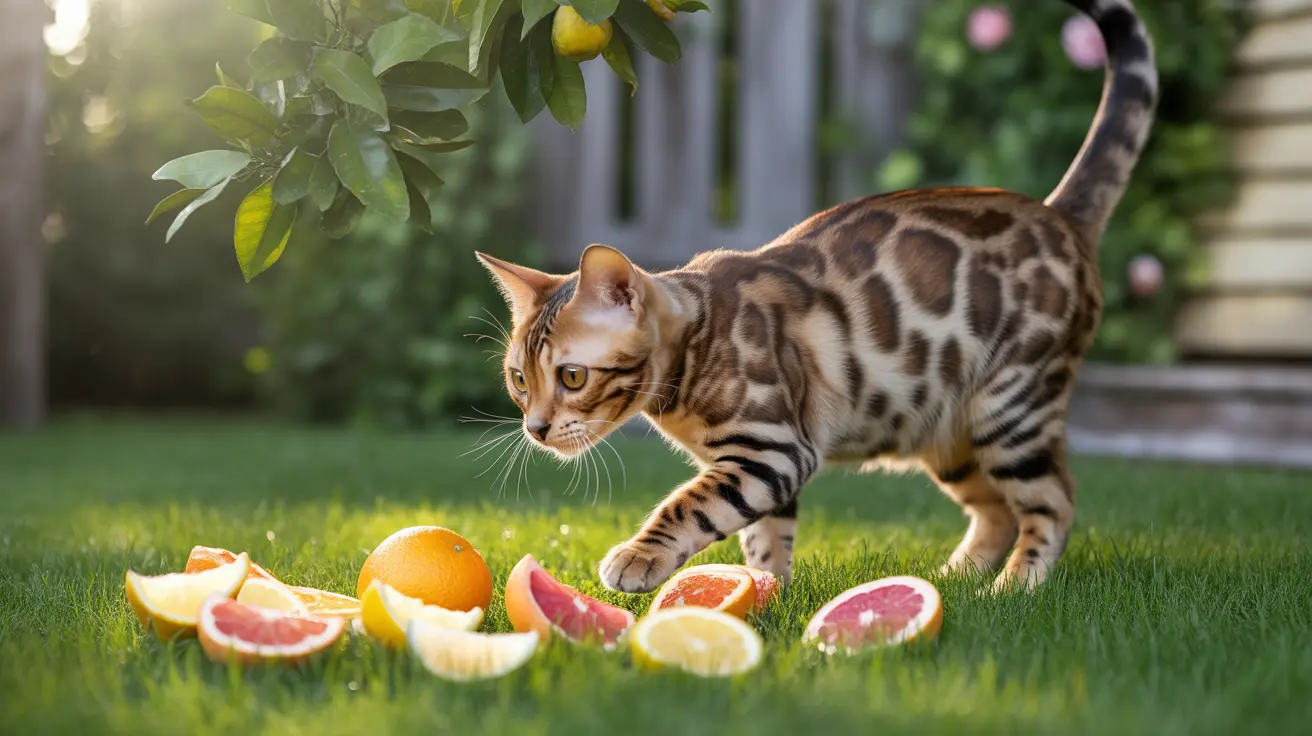Understanding Why Cats Choose Your Grass
Cats select grassy areas for several compelling reasons. First, grass provides a soft, natural surface that's easy to dig and cover waste. Additionally, visible locations often serve as territorial markers, with cats deliberately leaving droppings uncovered to send messages to other felines in the area.
Many cats also prefer grass because it offers privacy and security. Dense vegetation or tall grass provides cover while they're in a vulnerable position, making your lawn an especially attractive option for cautious cats.
Effective Natural Deterrents
Scent-Based Solutions
Cats have highly sensitive noses, and certain scents naturally repel them. Consider these proven options:
- Citrus peels scattered throughout your lawn
- Coffee grounds sprinkled in problem areas
- Lavender or rosemary plants along garden borders
- Commercial cat-repelling granules or sprays
Physical Barriers and Ground Covers
Making your grass less appealing for digging and scratching can effectively deter cats:
- Install decorative rocks or pebbles in problem areas
- Place chicken wire just below the grass surface
- Use plastic spike mats designed specifically for pet deterrence
- Apply mulch with larger, uncomfortable pieces
Motion-Activated Solutions
Technology offers some of the most effective solutions for keeping cats away from your grass:
- Water sprinklers with motion sensors
- Ultrasonic devices that emit high-frequency sounds
- LED light deterrents that activate at night
- Solar-powered motion detectors
Creating Cat-Free Zones
Sometimes the best approach is to designate specific areas as strictly off-limits while providing alternatives:
- Install physical barriers around protected areas
- Create a designated outdoor litter area away from your main lawn
- Use raised beds for gardens and valuable plants
- Maintain dense plantings that discourage access
Long-Term Prevention Strategies
For lasting results, implement these ongoing maintenance practices:
- Regular lawn maintenance to remove attractive cover
- Prompt removal of any waste to prevent repeat visits
- Consistent application of deterrent methods
- Communication with neighbors about wandering cats
Frequently Asked Questions
How can I stop cats from pooping on my grass using natural deterrents?
Use a combination of citrus peels, coffee grounds, and aromatic herbs like lavender or rosemary. These natural scents are unpleasant to cats while being safe for your lawn. Apply these deterrents regularly, especially after rain.
What are the most effective physical barriers to prevent cats from digging and pooping in my garden?
Chicken wire laid flat on the soil surface, covered with a thin layer of mulch or soil, is highly effective. Stone mulch, plastic spike mats, and thorny ground covers also work well as physical deterrents.
How does a motion-activated sprinkler help in deterring cats from using my lawn as a toilet?
Motion-activated sprinklers create an unexpected burst of water when cats enter the area, creating an unpleasant experience that teaches them to avoid your lawn. This method is particularly effective because cats dislike surprises and getting wet.
Can planting certain herbs or flowers keep cats away from garden areas where they usually poop?
Yes, plants like Coleus canina, rue, lavender, and rosemary naturally repel cats. Creating borders with these plants around your lawn can significantly reduce cat visits.
Is it possible to create a designated outdoor toilet area for cats to protect my garden from cat feces?
Yes, you can create a designated area using loose, sandy soil in a quiet corner of your yard. Keep it away from your main garden and maintain it regularly. This can help redirect cats from your lawn to a more acceptable location.






